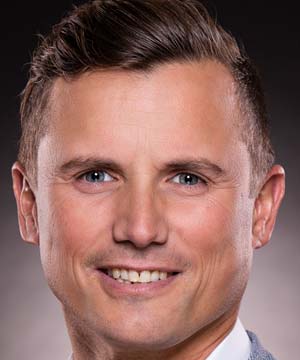GUEST COLUMNIST – STEVEN BURGESS
Steven Burgess, CEO of Compliance Refinery, has worked with financial adviser businesses for more than 15 years – building solutions that allow advisers to deliver more value to their clients. Here he outlines the steps advisers should be taking in preparation for the new regulatory regime.
As we approach a new dawn for licensing it has become apparent that some businesses have prepared differently. Our observations of the market are that businesses and advisers are starting to make decisions on how they will operate under the incoming regulatory regime. But what stage should you be at now in your decision making?
You want to join a FAP?
You should have completed due diligence on the options available and be progressing to joining that business. I expect you should have confidence that the FAP you are planning on joining has:
- A plan to meet FAP standards
- Budget allocated
- The potential FAP has resources secured to deliver on its plan
Without knowing the specifics above, you risk being left out, being disadvantaged due to a promise that was not delivered, and having to make a rushed decision or quickly create a FAP.
Creating your own FAP
At this stage we would expect you to have:
- Put in place your record keeping and complaints policies
- Applied for, and been granted, your Transitional License
- Be working towards completing your policies and procedures that meet the minimum proposed standard conditions from the FMA

Steven Burgess, CEO of Compliance Refinery, says now might might be a good time to sell your book if you are exiting the financial advice industry.
We expect that in January you will start testing your business and operationalizing your compliance assurance program, holding Director or Board meetings and preparing to be fully operational by 15 March 2021.
Businesses need to remember that date is a hard date, the FAA is repealed and adviser and businesses are operating under the new regime.
We expect business will be making decision on structure and product lines. There are a number of business with small KiwiSaver books or investment books that will not be qualified to service those products in the future. Making plans now (either selling them or ensuring you meet the competence standards is vital).
Business structures and contractual arrangements are important to consider and more complex for FAPs. You will need to ensure you have the correct arrangements in place.
We have noticed a number of advisers are not registered for the correct Financial Services on the FSPR. Make sure you are registered correctly.
Disclosure should be finalized early next year as part of that businesses will have to review their advice process and documents.
Competence
If you need to increase your competence level and have completed your preparation for the new regime, I suggest you progress to achieve the required competence levels now. Remember the competence exemption is not a compliance exemption.
After 15 March 2021
Within 18 months you should apply for your FAP license. Some businesses are planning on applying quickly, others are more patient. One observation is that there are a lot of advisers and businesses with transitional licenses that are still open to joining a FAP. We expect a lot of movement after licensing.
Businesses should have a plan to identify when they will apply, and when they will meet, competence standards.
Exit the industry
There are a number of advisers who will exit the industry, some because of age, some because they find the changes daunting, and others because they are currently active as advisers.
If you are exiting, make sure you have a plan in place to have this settled before 15 March 2021.
If you are planning on selling your book I suggest you get a valuation and proceed accordingly. There are a number of businesses that are well capitalized to buy books of business. This might be the most lucrative time to sell.
